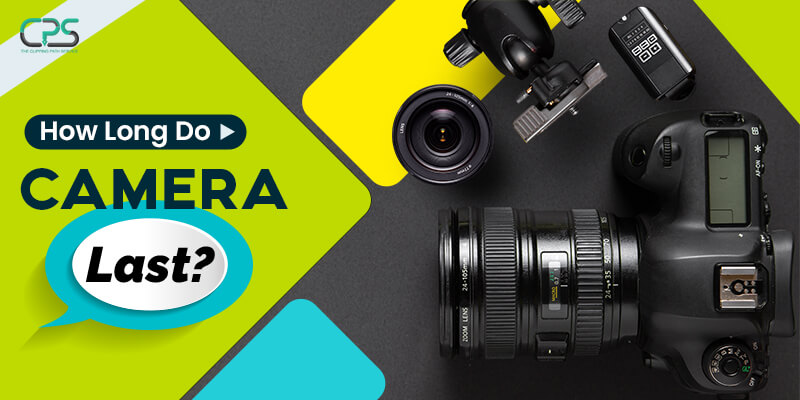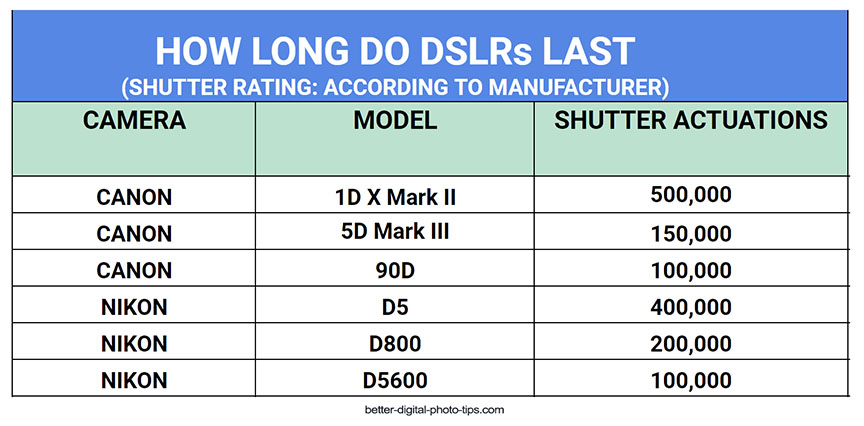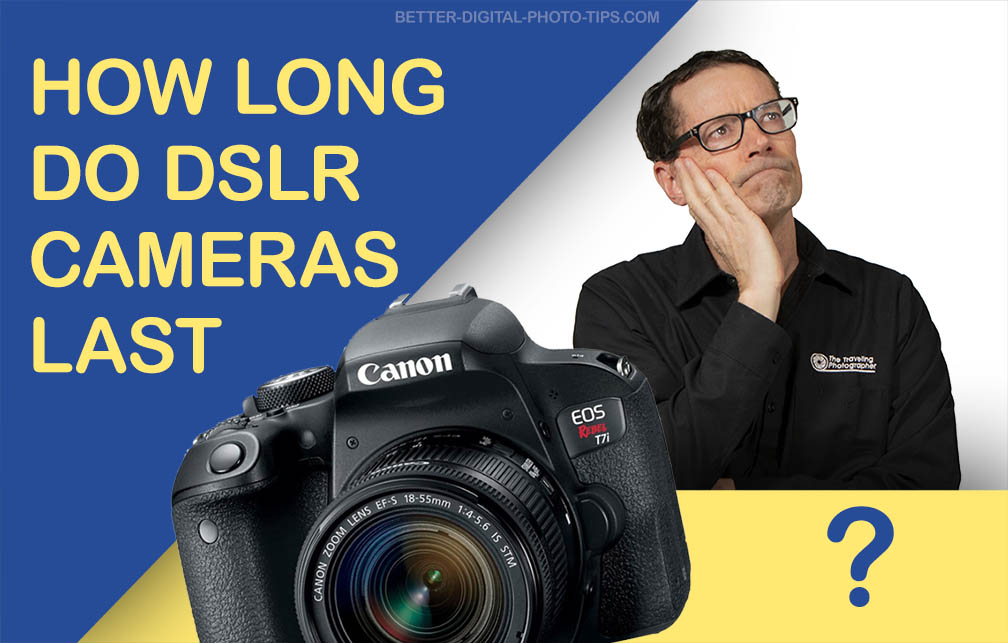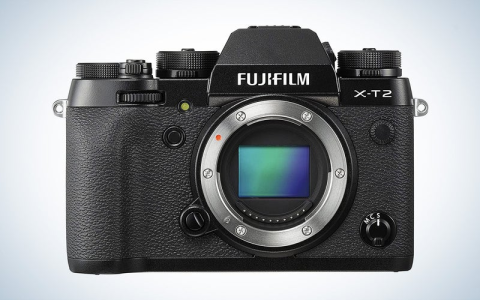How Long Does a Digital Camera Last?
Digital cameras have transformed photography, making it accessible to millions of people worldwide. Whether you’re a professional photographer or an enthusiastic amateur, understanding the longevity of a digital camera can help you make informed decisions about when to invest in new equipment.

The lifespan of a digital camera can vary due to several factors, and it’s worth exploring these to better understand what you might expect from your device.
Build Quality and Manufacturer
The build quality of a digital camera plays a significant role in its durability. Premium brands like Canon, Nikon, and Sony often use higher quality materials and craftsmanship, which can contribute to a longer-lasting product. However, even within renowned manufacturers, there are differences:
-
Professional Cameras: Cameras designed for professionals, like the Canon EOS or Nikon D850, are engineered to withstand the rigors of daily, heavy use. These cameras are often built with magnesium alloy frames and weather sealing, providing a lifespan that can stretch well over a decade with proper care.
-
Consumer Cameras: More budget-friendly cameras, although well-made, might not offer the same longevity. Plastic bodies and less robust internal components can lead to a shorter lifespan, typically around 3 to 5 years of regular use.
Technological Obsolescence
Another aspect to consider is technological advancements. Unlike other electronic devices, digital cameras do not follow the same rapid development cycle. Still, over time, they can become outdated:
-
Firmware Updates: Manufacturers occasionally release firmware updates that can extend the life of your camera by enhancing its capabilities, like autofocus performance or adding new features through software tweaks.
-
Sensor Technology: Image sensors, one of the most critical parts of a camera, undergo improvements. A camera released today might feature a sensor that outperforms a model from just a few years ago due to advancements in image quality, dynamic range, and low-light performance.
Usage and Maintenance
Usage frequency and how well you maintain your camera greatly influence its life expectancy:

-
Regular Use: A camera used daily for professional work will show wear and tear faster than one used occasionally by an enthusiast.
-
Climate: Extreme warmth, cold, or humidity can affect the internals. Regular cleaning, especially of the sensor, proper storage, and handling the camera with care can mitigate many issues.
-
Battery Condition: Lithium-ion batteries degrade over time. Although batteries themselves can be replaced, a camera that requires too much battery life might signal that other components have aged.
Common Issues Over Time
Here are some issues you might encounter as your camera ages:
-
Worn Components: Shutter mechanisms have a specific lifespan (often around 100,000 to 300,000 actuations) beyond which they can become unreliable.
-
Lens Wear: If your camera has a fixed lens, over time, the lens could show degradation in optics, affecting image quality.
-
Software and Compatibility: With new software updates and changes in hardware requirements, an older camera might struggle to run modern photography software or connect with the latest computers or smartphones.
Wrapping Up
To sum up, there’s no one-size-fits-all answer to how long a digital camera will last. Build quality, maintenance, usage, and the pace of technological change all play integral roles. Even when considering replacement, think about:

-
Repairs: Cameras can often be repaired, extending their life significantly. Sometimes, a simple shutter replacement can give your camera a second lease on life.
-
Upgrading vs. Repairing: Evaluate the cost-effectiveness of repairing a broken part versus the benefits of obtaining a newer model with increased capabilities.
In essence, with the proper care and understanding of the factors that influence a camera’s life, you could find that your trusty digital device remains your photography companion for many years, delivering years of beautiful images before time catches up. Remember, choosing the right camera for your needs initially is just as important as how you look after it over time.



